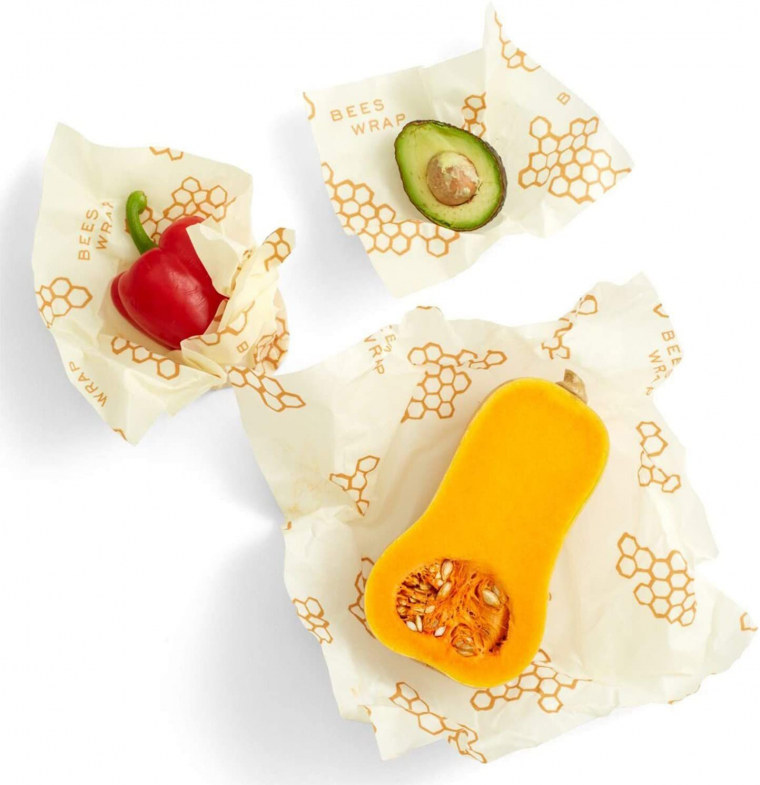All types of packaging require materials and energy to manufacture them. While most household packaging is recyclable, things like coffee cups, plastic film, cotton buds and wipes are hard to recycle so cannot go in the home recycling bin. What's more, every year, about 8 million tons of plastic waste escape into the oceans, threatening marine life and ecosystems. Choosing reusable alternatives to disposable ones can save money, support local businesses and reduce our environmental impact.
We have put together a list of suggestions so you can make a difference starting today.
Water bottle for life
This is a one-off investment that can save you hundreds in the long run. Also, you can help reduce the 7.7 billion plastic bottles which are bought across the UK each year. Just remember to carry it with you everywhere you go and fill it up in one of the many available refill stations.
Download the app Refill to find refill stations near you to fill your reusable water bottle for free.

A brew on-the-go
Britain gets through 2.5 billion of them every year, and the number seems set only to increase. The worst part? These are not widely recyclable yet, although there are some specialist schemes that collect coffee cups for further reprocessing. The national cup recycling scheme was set up to create a system for collecting and recycling paper cups.
You can make a big difference by taking a reusable coffee cup when going out for coffee even better (and cheaper!), brew some delicious coffee at home and pop it in a thermos when going out for a walk or coffee with a friend.
Reduce packaging: Choose refill
Refill shops are a great way to cut down on packaging. You can take your empty jars and bags to your closest refill shop and fill them with your home essentials. Supermarkets are slowly offering more packaging-free options but there is still a lot more to be done to reduce plastic waste.
If you want to be part of the solution, next time you go food shopping, try to buy fruit and veg loose and store in your own reusable bags. If you need to buy things that are packaged, try to choose recyclable options like paper, glass and cardboard.
In north London, there are many refill shops available . Find your nearest with this zero waste shop map By Useless.
Cloth kitchen towels
Paper towels are not very efficient and can be expensive in the long run; switching to reusable cloth rags is a much more eco-friendly option. Try using a cloth for cleaning instead of paper towels or wipes - you can even reuse old clothes and rags to make cleaning cloths.
Ditch the cling film and other reusable storage options

Now's the perfect time to switch from the disposable cling film or kitchen foil (don’t forget to recycle this if clean) to more environmentally friendly options:
- Beeswax wraps come in many shapes, sizes, and patterns, so there are plenty of fun designs to store your food in.
- Silicone storage pouches are a great way to take your lunch on the go. The perfect rectangular shape is leakproof and it will keep your food fresh for a long time.
- Silicon plastic wrap or lids are a very flexible material perfect for covering dishes and pans.
- Still not convinced? Check out this list of reusable alternatives to cling film.
Let’s take a look in the bathroom...
Soap bars
Shampoo bars can help eliminate some plastic from your routine, and more often than not, bars are wrapped in recycled paper/card. Shampoo bars also usually outlast liquid shampoo by two or three bottles, meaning you get more squeaky-clean hair for less cash.
Follow these tips to make the most of your soap bar.
Menstrual products
According to AHPMA, a woman can use 11,000 single-use sanitary products through her reproductive years. Most sanitary products are also made with a high plastic content, and not even the wrappers are recyclable.
If you’re still on the fence about switching to more sustainable menstrual products, here are some reasons to make the change: You can protect the environment and save some money by switching to reusable menstrual products since you can use them time and time again. For example, menstrual cups are used, on average, for two years.
There are also different options for different needs. You can find a product made for you at this link.
Face wipes made to last
Face wipes are a major problem for water companies but they are also highly unsustainable. Even biodegradable wipes or cotton wool are quite wasteful because they are single-use and then have to be thrown away in your general waste bin (please don't ever flush wipes).
A more sustainable solution is to use reusable cotton pads, which you can wash after every use. Even better, you can make some facial cotton pads out of an old cotton t-shirt yourself.





